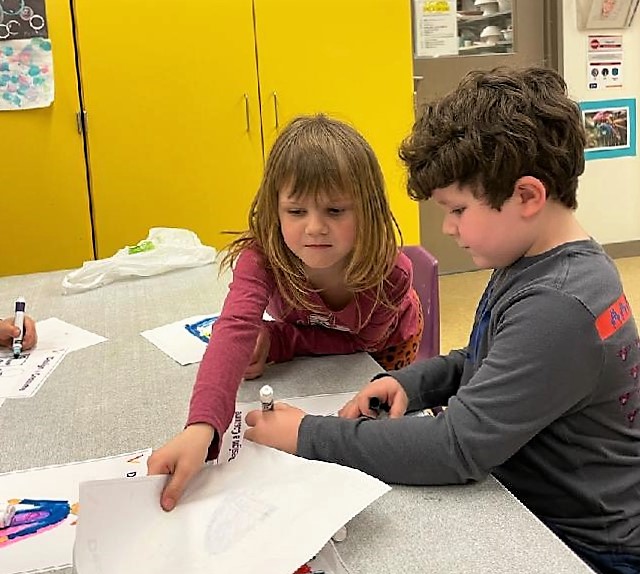Valley News – As pandemic fades, Upper Valley nonprofit groups adapt to changed landscape

Valley News – As pandemic fades, Upper Valley nonprofit groups adapt to changed landscape
During the COVID-19 pandemic, Laura Gillespie started to notice a change in the grant applications she completed as director of development and communications at the Upper Valley Haven: word limits.
“It’s a gift, because it frames what their expectations are and that’s come across in the reporting,” Gillespie said. “I love having that structure and the parameters set out for us.”
The small, but meaningful, change is one of ways that the COVID-19 pandemic has changed fundraising for nonprofit organizations in the Upper Valley and beyond. Organizations have re-examined how they host events, seek donations, what they ask for from municipalities, the number of grants they apply for and how to distribute funding, among other considerations.
One of the biggest changes, Gillespie and other nonprofit leaders have said, is that more foundations have started offering “unrestricted funds” — meaning grants are not tied to a specific programs.
“For us, the impact of unrestricted funding is significant,” Betsy Kohl, director of development and communication at WISE, a Lebanon-based organization that serves survivors of domestic violence. “It strengthens WISE’s ability to focus on its strategic objectives while being able to quickly respond to new opportunities and unforeseen challenges that arise.”
It’s also helped take some of the pressure off staff.
“For years and years, you would try to create something unique to apply for because grant funders were looking for something more special, to prove you have something that’s worth funding,” said Gillespie, who recently started an informal group for those who work in fundraising at nonprofits in the Upper Valley to exchange ideas. “More of them have said, ‘You know what? We’re going to offer unrestricted operating support,’ and that’s been an enormous blessing for us.”
During the first years of the pandemic, that became crucial as it allowed organizations to shift funds to where they are needed the most.

